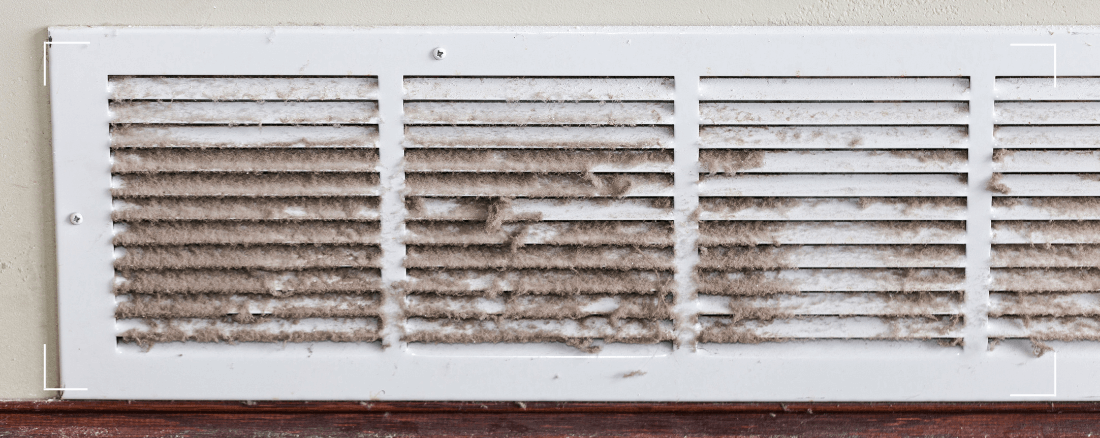When you turn on your air conditioner or adjust it down to a cooler setting, do you detect an odour that seems damp or stale? If so, you should know that this is not normal. Ideally, an air conditioner should not produce any smells at all.
While the musty smell is not dangerous per se, it could be a sign of mould somewhere in your HVAC system. Breathing in mould spores can cause health issues affecting the upper respiratory tract. If you have allergies or asthma, you could have a severe reaction. The smell is a warning that you should have professional air conditioning services in Kitchener to identify and correct the problem. If you are wondering why this is happening, here are some possible causes.
1. Full Drain Pan
Part of the way that an air conditioner lowers the temperature of your building is by removing moisture from the air, making it less humid. The A/C accomplishes this by drawing the warm air over the evaporator coils, which are freezing cold. The change in temperature causes the water vapour in the air to cool and condense. The drain pan is located underneath the evaporator coils to catch the drops of water that condense from the evaporator coils in residential air conditioning.
The drain pan is one of the most important parts of the air conditioner. Because it sees so much use, it can develop problems such as corrosion or cracking. A drain pan that is no longer functioning efficiently may grow mould, which accounts for the musty smell when you turn on the air conditioner or reset it.
2. Blocked Condensate Line
One of the reasons that your drain pan may be full is that your condensate line is blocked. Once the water vapour is condensed and collected in the drain pan, it has to go someplace else to make room for more. The condensate line allows water to run from the drain pan to a location outside the home, whether to the landscaping or a wastewater line. The condensate line isn’t very wide in diameter, which means it doesn’t take much to block it. Sludge can build up in the condensate line, and mold and mildew can grow there as well, all of which can lead to blockages.
3. Excess Moisture in Vents or Air Ducts
If the drain pan is full, perhaps because of a blocked condensate line, the water in the drain pan may back up into the ductwork. Excess water in the ductwork can cause mold and mildew to grow. High humidity levels can also cause mould and mildew growth within the ductwork. Left unchecked, it can spread throughout the ductwork. This can be a problem because, when the air conditioner is operating, the circulating air can pick up the mould spores and spread them throughout the house. This accounts for the musty smell that you perceive when you turn on the air conditioner, and it also increases the likelihood of suffering upper respiratory complaints from breathing in the spores.
4. Wrong Size of the A/C Unit
Many factors determine the size of the air conditioning unit you need. In addition to the square footage of your building, the local climate, height of your ceiling, type of insulation, and the number of occupants all make a difference. When it comes to air conditioners, bigger is not necessarily better. Excess moisture can result when the air doesn’t become completely dehumidified because it is cycling through the building too quickly because your air conditioner is too large.
CJ Brubacher has been in business for nearly 100 years. During that time, we have gained the necessary expertise to provide the best HVAC services to our clients. Find out more about our residential and commercial air conditioning services.

